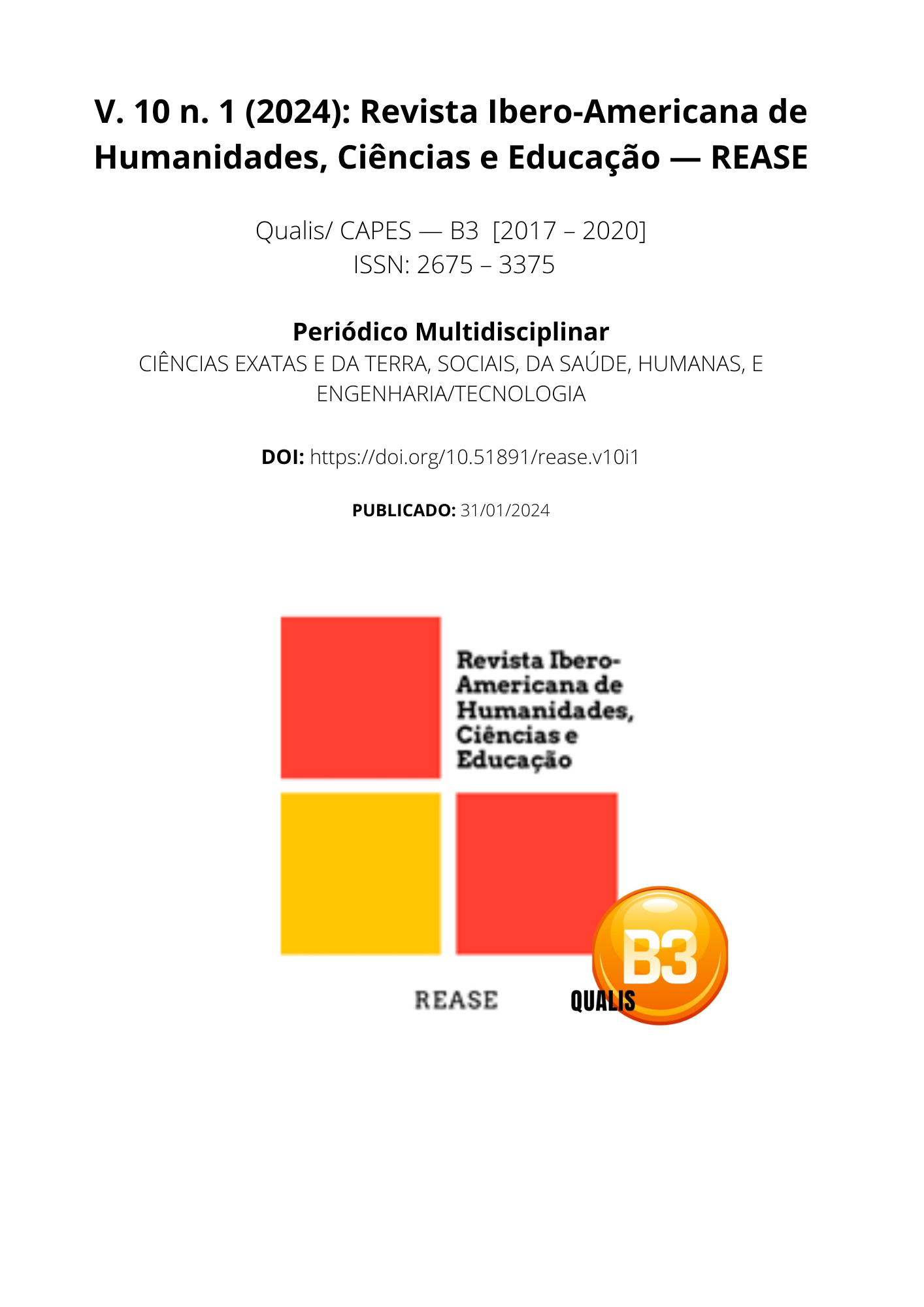DISTANCE EDUCATION IMPLEMENTATION PROCESS IN BRAZIL AND ITS IMPLICATIONS: INITIAL NOTES
DOI:
https://doi.org/10.51891/rease.v10i1.13014Keywords:
Distance Education. Traditional Education. Teaching.Abstract
Based on information about the expansion of Distance Learning in Brazil, this article aims to analyze its implementation process and the implications for the development of quality education in the country. From the perspective of different researchers, we analyzed the national context and the way in which distance learning was gaining ground in the educational scenario to understand the implications of its growth, advantages and disadvantages for students. The methodology used was bibliographical research as this is an indispensable tool for understanding scientific research and for collecting data that allows us to infer the situation of remote teaching in Brazil. The opinion of various researchers in the field of education is, at different times, divergent regarding the direction of Distance Education in the country and its impacts. It is unquestionable, however, that it has assumed a determining role in the training of professionals and tends to have a even more significant growth in the coming years with the development of other instruments that point to the increasingly accentuated use of information and communication technologies in social life. It is indisputable, however, that it is no longer possible to think about education in the national context without considering that Distance Education currently occupies a fundamental space in the expansion of education in Brazil.
Downloads
Downloads
Published
How to Cite
Issue
Section
Categories
License
Atribuição CC BY

